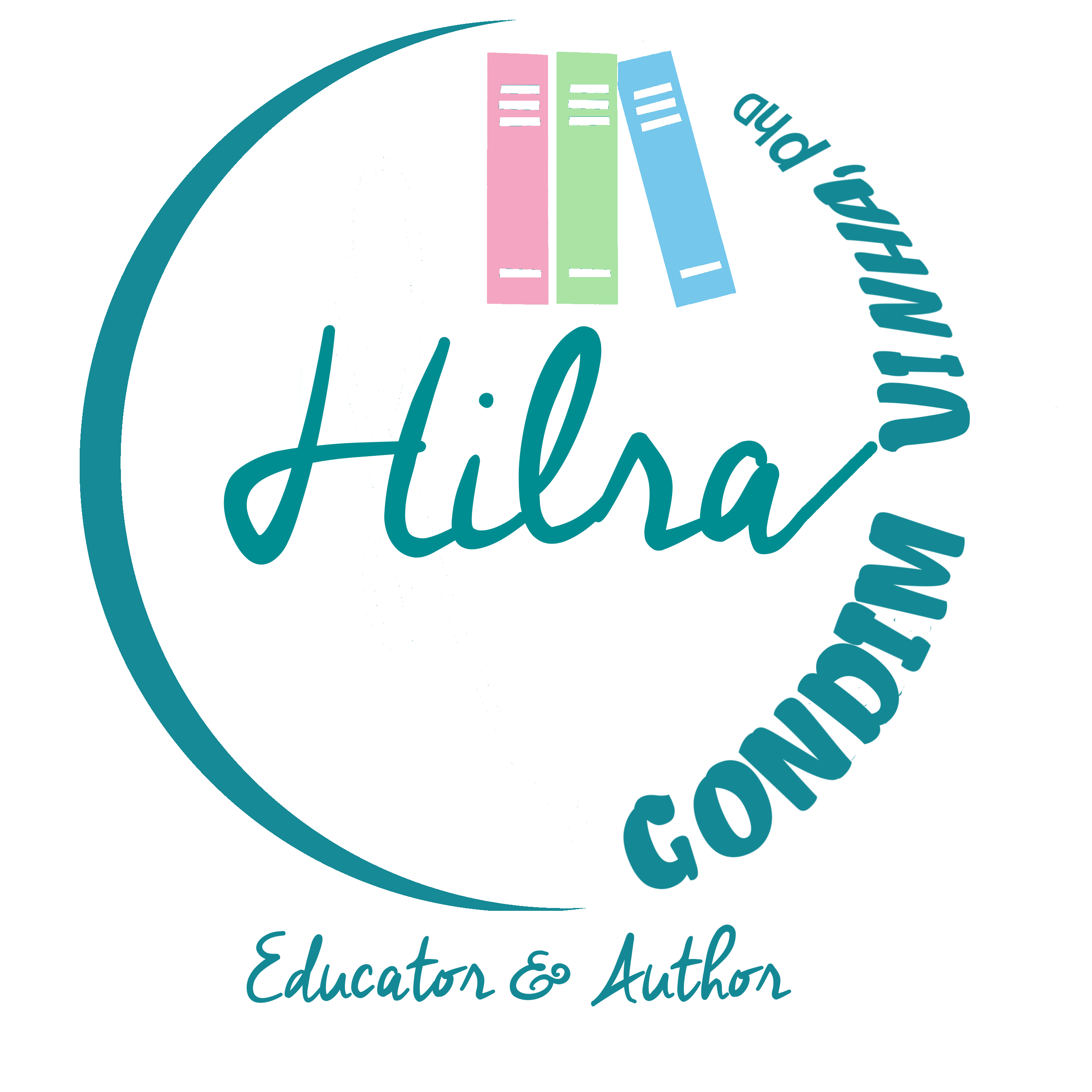[Tuesday 24th April]
Introduction: Research as a belief system, a knowledge system, a set of technical procedures. Theories of Knowledge.
• Is educational research different from research in other fields?
• What is the nature of educational knowledge?
• How do we know?
• How does educational research connect with other research fields?
• Why is philosophy important in educational research?
• What is a theory and what elements might it include?
• What is the relationship between theory and practice?
In this introductory session, we shall consider the significance of philosophy in conducting educational research. We shall take a historical perspective in tracing the way educational research has developed over the last century and the philosophical principles, which have underpinned various approaches. A small practical exercise, will invite us to think about how we collect and interpret data and the philosophical issues in making judgements about it. We shall take a preliminary look at theory and consider how it relates to practice. Issues concerned with conducting educational research will be highlighted.
Practical Question: What assumptions about knowledge/ the role of evidence/ the role of research are made by an institution you know well?
Background Readings*:
Hirst, P.H. (1993) ‘Educational Theory’, in M.Hammersley, M (Ed.) Educational Research. London: Paul Chapman.
Carr, W. (1993) ‘What is an educational practice?’, in M.Hammersley, M (Ed.) Educational Research. London: Paul Chapman.
Phillips, D.C. (1987) ‘Perspectives on structure of knowledge’, in Philosophy, Science and Social Inquiry. Oxford: Pergamon
Carr, W. and Kemmis, S. (1986) Becoming Critical: Education, Knowledge and Action Research. Chapter 1. Lewes: Falmer Press.
Walsh, P. (1993) ‘Elementary Maps for Ordering Cultural Capital’, in Education and Meaning: Philosophy in Practice. London: Cassell.
Vandenberg, D. (1974) ‘Phenomenology and educational research’, in D.Denton (Ed.) Existentialism and Phenomenology in Education
[Notes]
Mike: What is Philosophy?
From pairs:
-
Questioning existing knowledge
-
A critical question for an important issue
-
Understanding and truth
-
Our perception o the world
-
The natre of things (Inquirying the nature of things)
-
The idea of knowledge (PhD)
-
Our contribution for knowledge
-
Find our vocabulary (Philosophical), what we are doing
Mike: Why Philosophy in Educ. Research?
From pairs:
- To understand student’s place in the world, their context
- Because the research must have a rationale, a justification
- As educacionists we have to ask what we are doing
- Situating our research
- Understanding ethics
- The nature of evidence
Paralell question from a student:
Are we inventing things/answers/findings for what we cannot understand? (Myths)
[Watch a video (Primary school)]
-
Mike assigned: Write continuously about the video. Write without pausing.
-
The class shared pieces of writings. (only statements)
-
Selection of statements according to three stances: explanation, description and evaluation
Explanation:
-
Referring to a theory
-
What is the rationale
Description:
-
Physical
-
Sensorial
-
Correspondence (statements and empirical evidence)
Evaluation:
-
Judgement
-
Measurement
-
Comparison
Appeal to truth
-
Correspondence – empirical – science
-
Coherece – pattern – science + social science
-
Pragmatic – function – action research
-
Consensus – feasible – warranty, triangulation, negotiation
My reflections on this lecture
